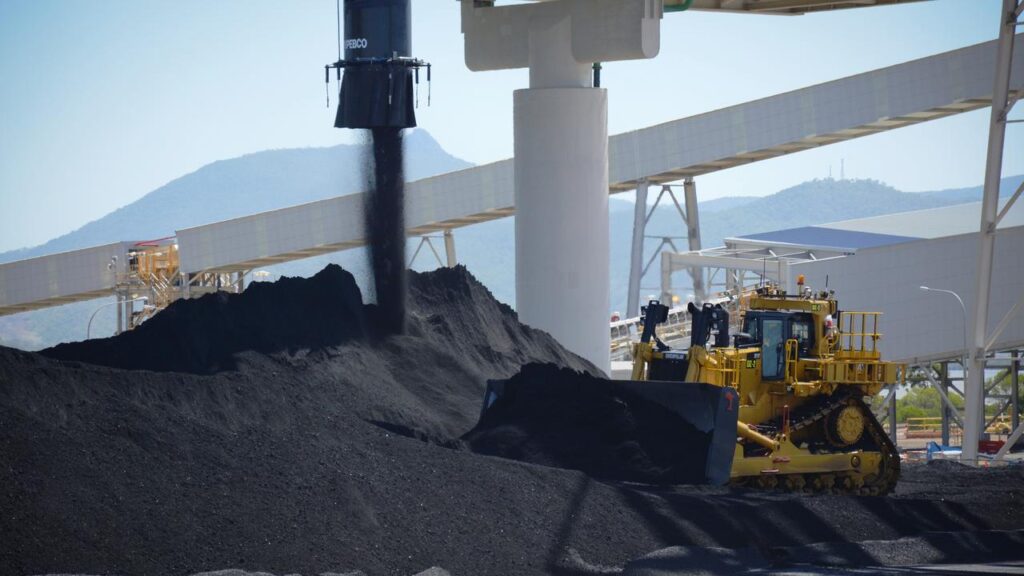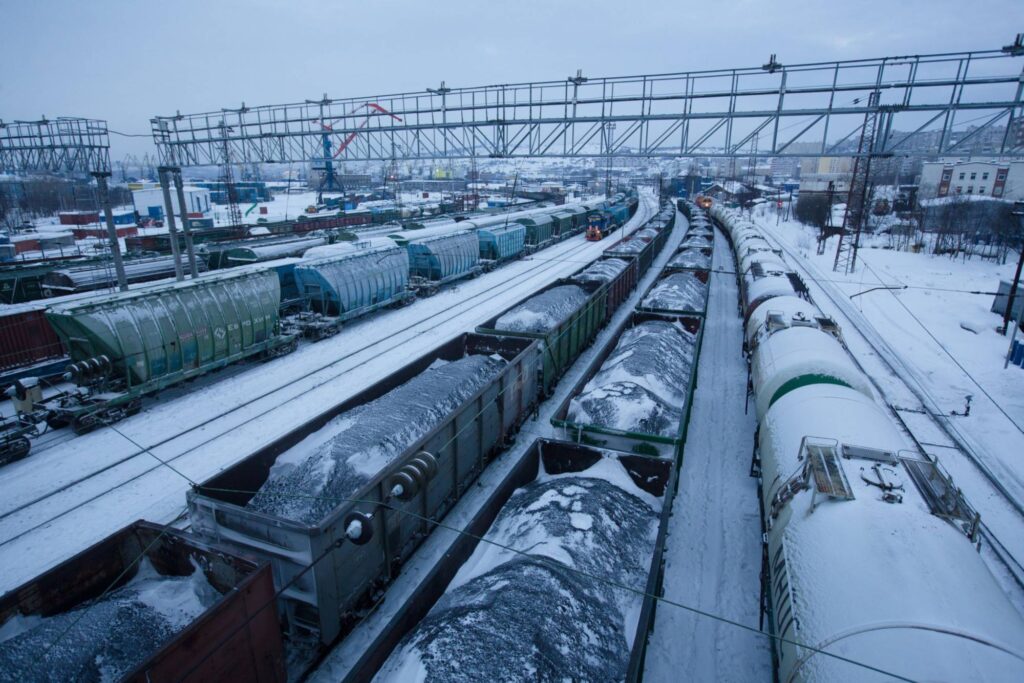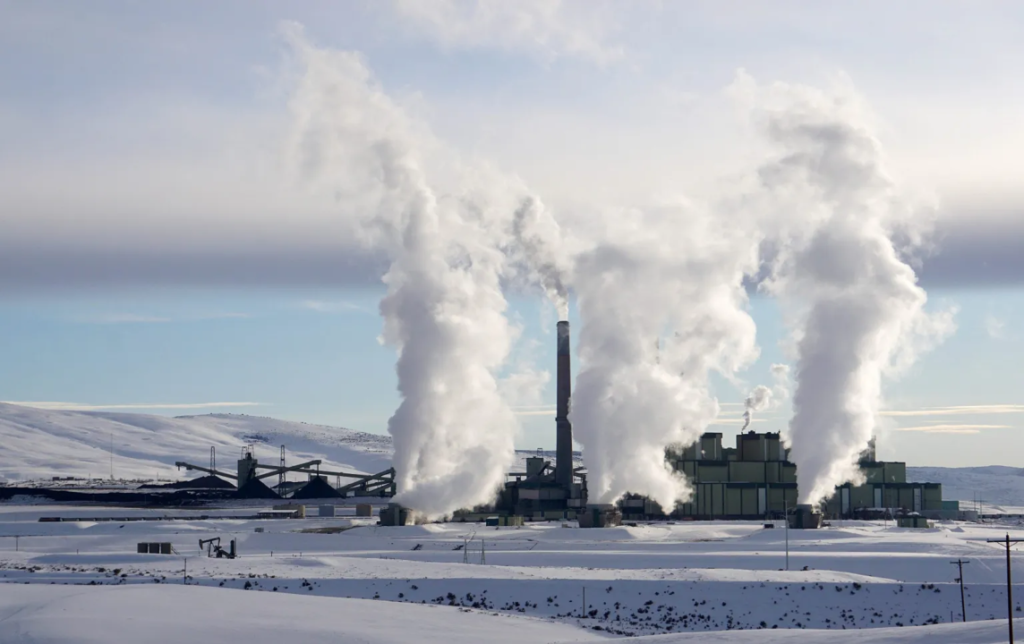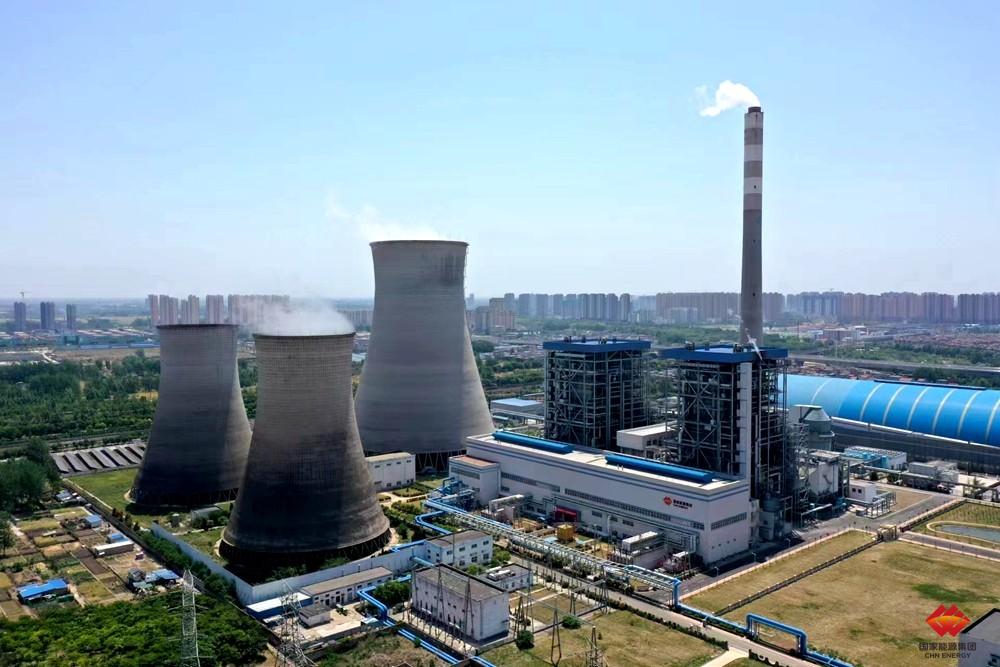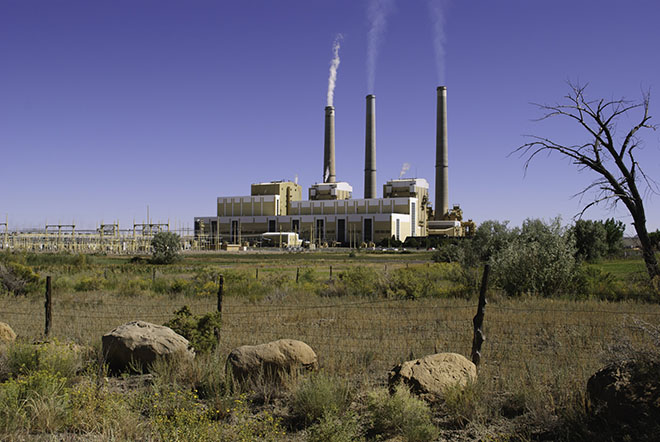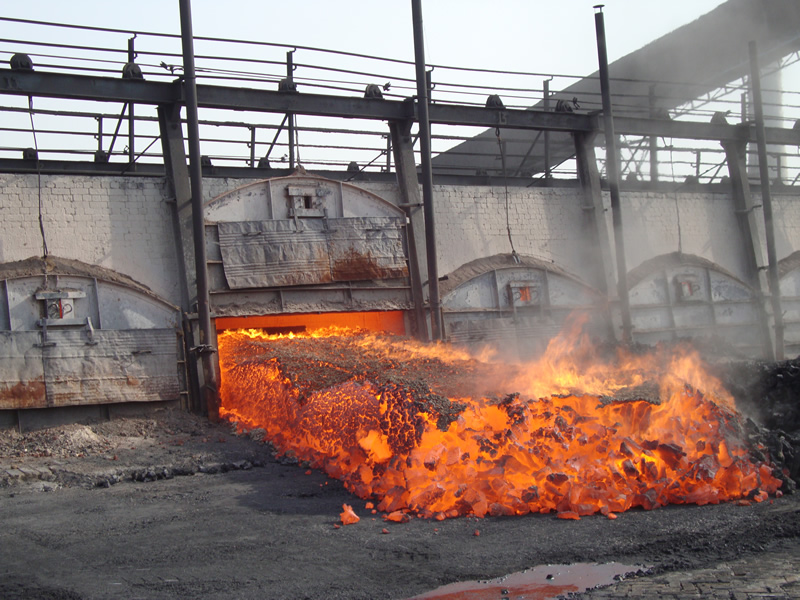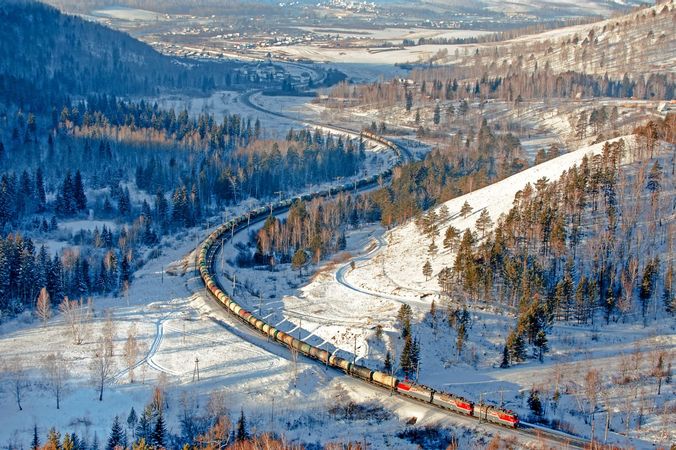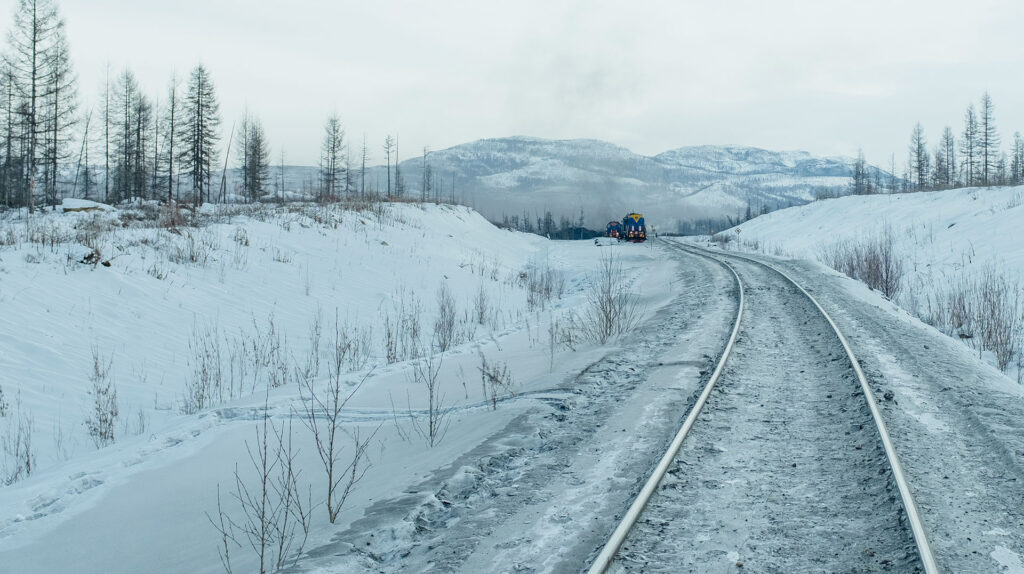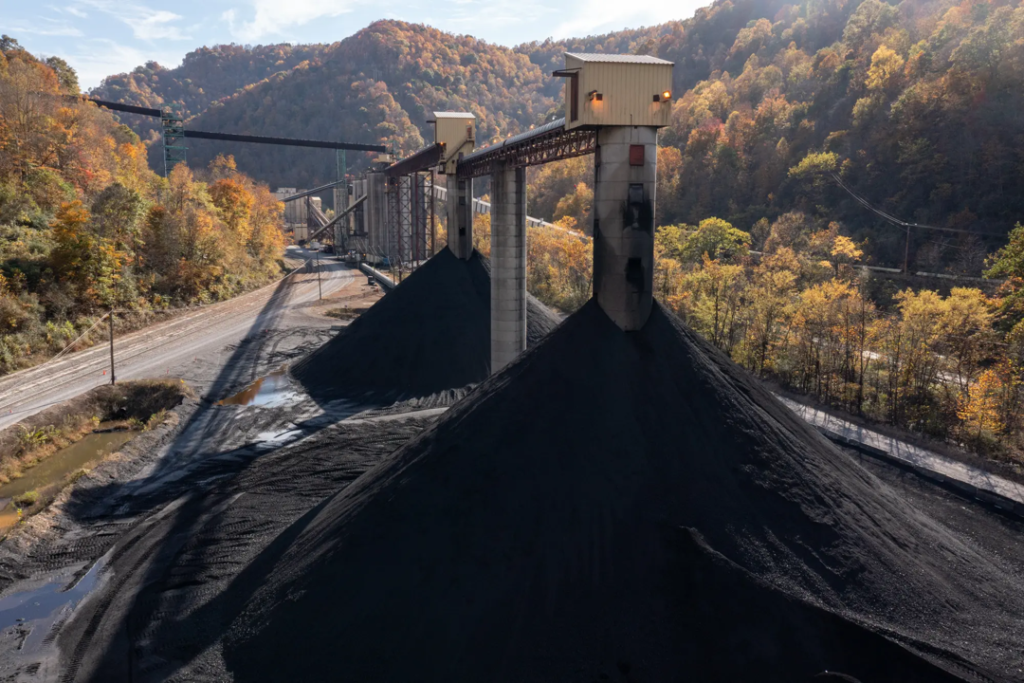It could take weeks or even months to clear debris and reopen the waterway under the collapsed Francis Scott Key Bridge in Baltimore, Maryland, according to a engineering professor at the nearby Johns Hopkins University.
As of Wednesday, there was no official timetable for the reopening of the Port of Baltimore after a major highway bridge over the Patapsco River was hit in the early hours of 26 March by a container ship and collapsed, with the debris and ship blocking the waterway.
“I’d be shocked if it’s weeks, but I don’t think it’ll take even a year” to clear the waterway, structural engineer and Johns Hopkins professor Benjamin Schafer said Wednesday. He expects the rebuild of the bridge to take significantly longer.
“I’ve lived through quite a few civil infrastructure projects and they’re rarely less than 10 years. So I think that’s what we’re looking at,” Schafer said.
He noted that it took five years to build the original Francis Scott Key Bridge and seven years to repair the Sunshine Skyway Bridge in Tampa Bay, Florida, after a similar collapse in 1980.
Still, “this is definitely not a national supply chain crisis,” John Hopkins operations management professor Tinglong Dai said Wednesday. “The effect will be mostly local, mostly minimal and mostly temporary.”
The bridge collapse and port closure is also unlikely to trigger a global supply chain crisis, he said. The Port of Baltimore is an important but “niche” port specializing in automobile imports and exports, Dai added.
“The supply chain has evolved…I have already seen a lot of rerouting happening.”
Automakers started adjusting their supply routes away from the top port for US vehicle imports the day of the collapse, including General Motors, Ford and Mercedes-Benz.
Baltimore is also a major port for coal exports, which may start to shift to terminals to the south in Hampton Roads, Virginia. Freight rates for ships that carry coal could see increases in global markets
Other commodities like asphalt and caustic soda that move through the port will see challenges, while organic agriculture imports may see less problems due to seasonal flows.
By Nathan Risser
Source: Argus Media

